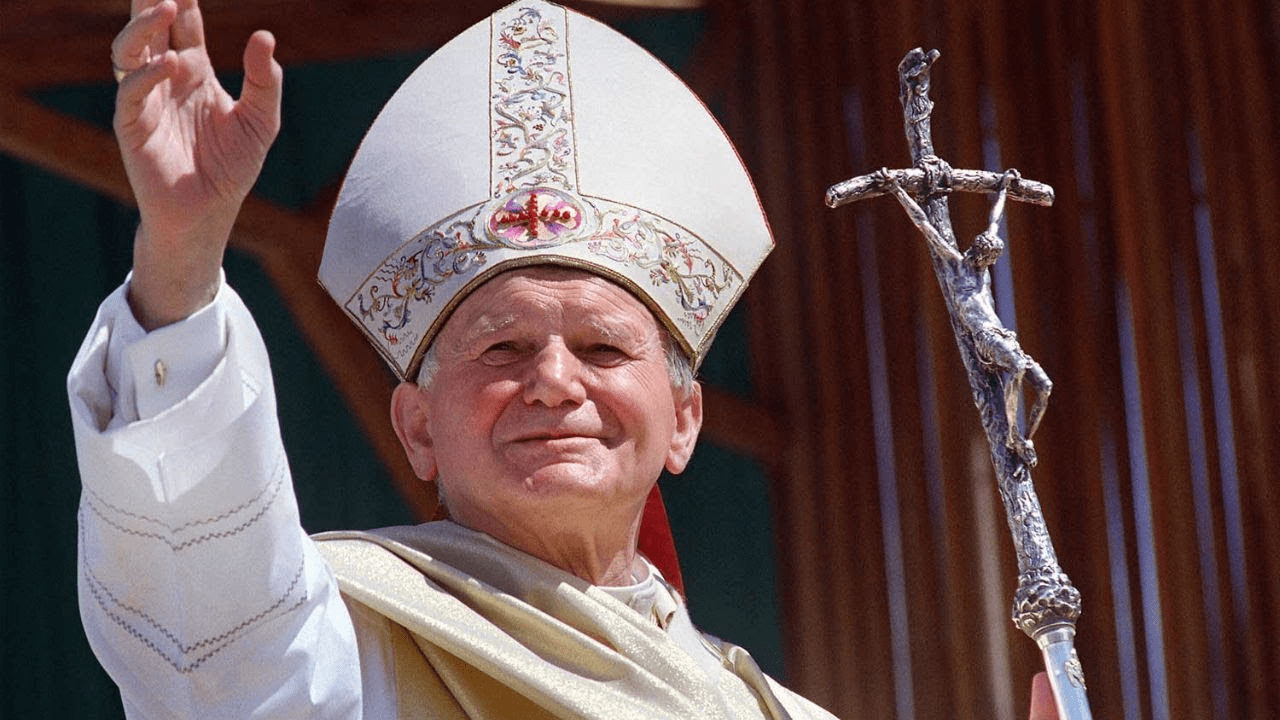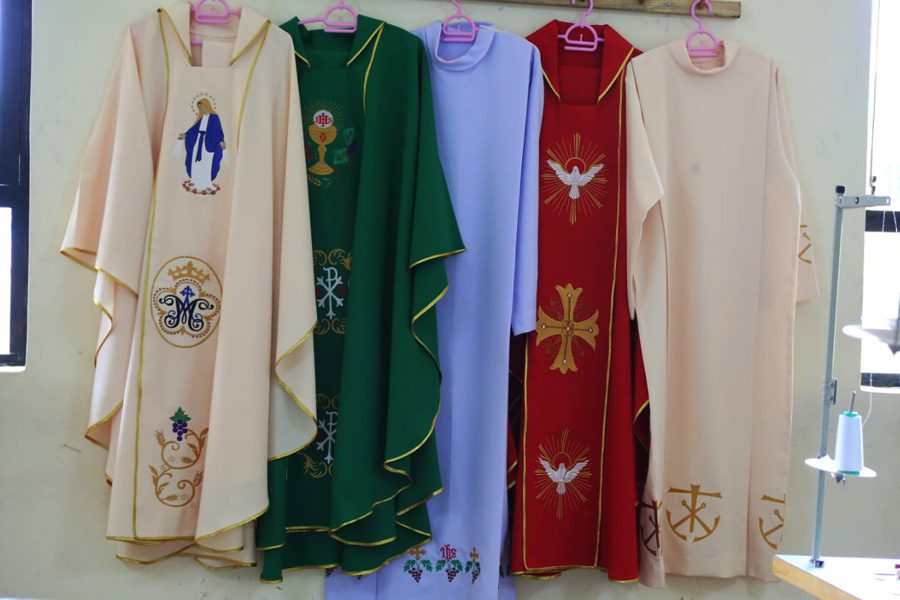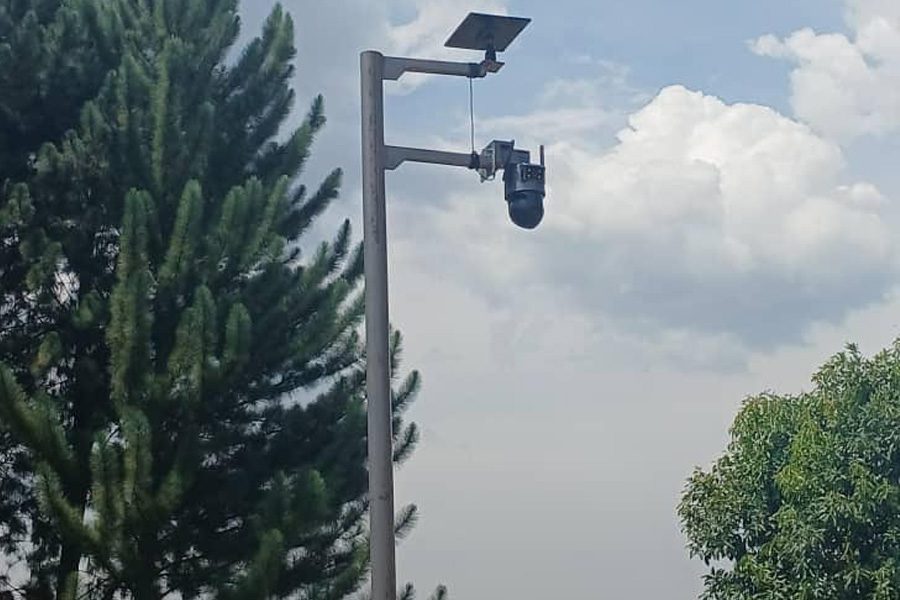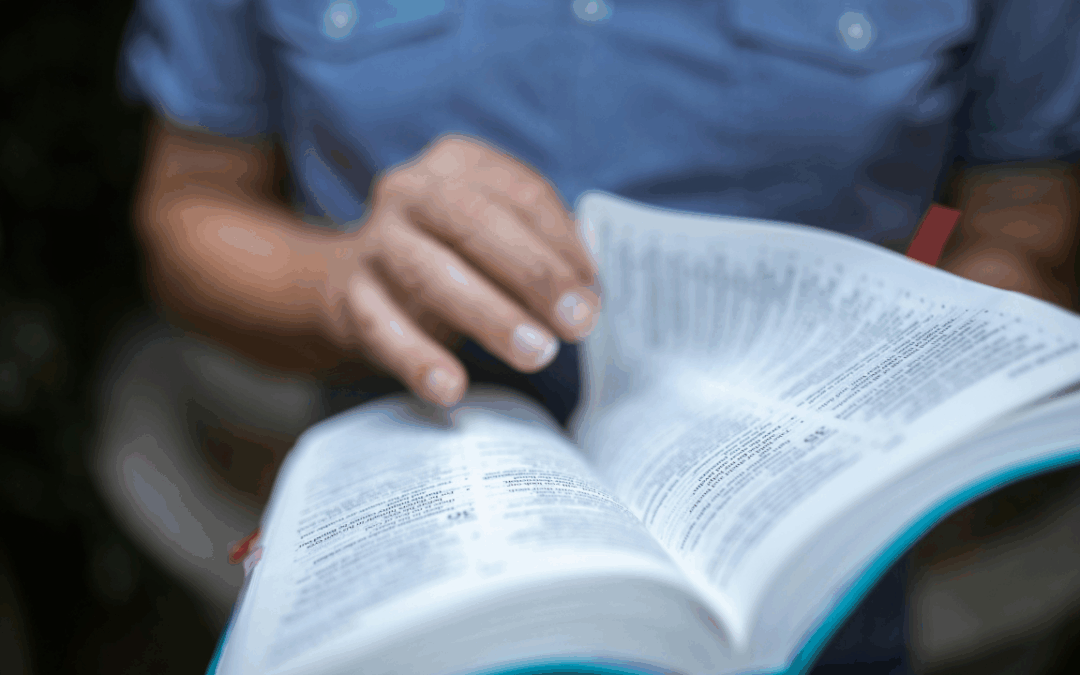Before he became a groundbreaking philosopher and theologian, before he became a key figure in the fall of communism, and before he was chosen as pope, Pope John Paul II was an artist. In his younger years, Karol Wojtyła dabbled in poetry, playwriting, and acting, seeing in artistic creativity an opportunity to participate in God’s creative power. Among his many artistic pursuits, the young Karol helped found the underground Rhapsodic Theater group while living in Nazi-occupied Poland. The group’s goal was to pursue beauty, goodness, and truth while avoiding detection by the authorities, and so Karol and the others would put on minimalistic, low-budget plays in people’s living rooms.
Wojtyła’s theatrical experience behind enemy lines prepared him to play his role in the grander theodrama in which we are all cast. A good actor sets himself aside to fully embody the character he portrays. He takes instructions well from the director. He shuns self-indulgence, seeking instead to perform as well as he can for the sake of a higher good. Wojtyła did just that when performing in his plays. And he did just that throughout the rest of his life. Perhaps the climax of his life—the greatest scene—came on May 13, 1981, the sixty-fourth anniversary of Our Lady’s first appearance to the three shepherdchildren at Fatima. That day, at St. Peter’s Square, Mehmet Ali Ağca aimed a gun at the Pope and pulled the trigger. Wounded, JPII fell in his popemobile and immediately turned his eyes to his Mother. He would later attribute his survival to Her: “One hand pulled the trigger, another guided the bullet.” A few days later, JPII spoke to the Church from his hospital bed, thanking everyone for their prayers and expressing love for his attacker. He said, “I pray for the brother who struck me, whom I have sincerely forgiven. United to Christ, Priest and Victim, I offer my sufferings for the Church and for the world.”
Apropos of his roots as an actor, JPII’s response to his attempted assassination was exactly what the Director asked for: to show mercy. JPII set his own will aside and, in that moment, played the role of Christ on the Cross, embracing suffering and forgiving those who know not what they do. That decision to respond like a saint still echoes today. Indeed, the legacy of JPII’s critical choice is still being understood and is still unfolding, for God is still writing His story. In my own life, JPII’s witness to mercy set the stage for my learning the secret of our Father’s heart, and it led me to fall in love with the Son’s Holy Cross. To anyone trying to follow God, I say go to JPII. He powerfully teaches us that wholeheartedly following the Director’s will is what allows us to take up our noble role in the great and beautiful drama that everyday is being written.
Holy Cross Postulant, Mateusz Bendisz
Published 22 October 2024, Memorial of St. John Paul II




